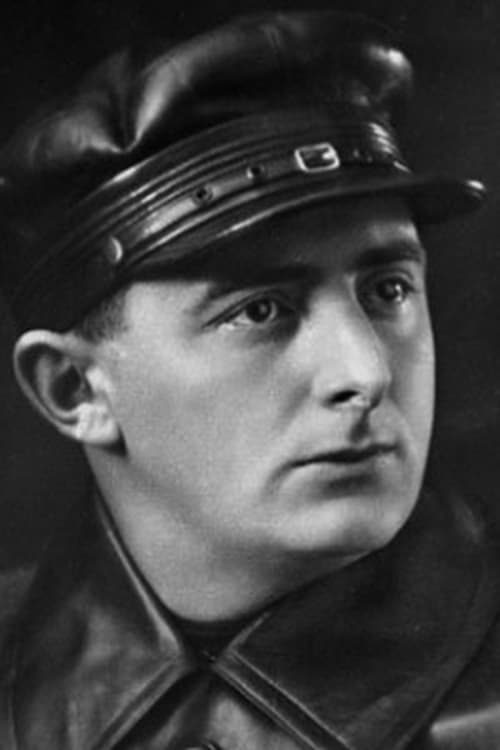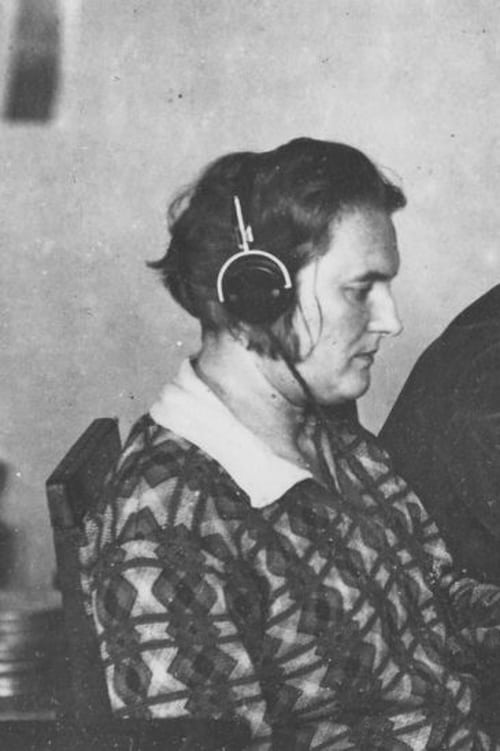Kino-Pravda No. 14 (1923)
Genre : Documentary
Runtime : 14M
Director : Dziga Vertov
Synopsis
Dziga Vertov-directed Soviet newsreel covering: IV. Congress of the Comintern / Congress of the Profintern.
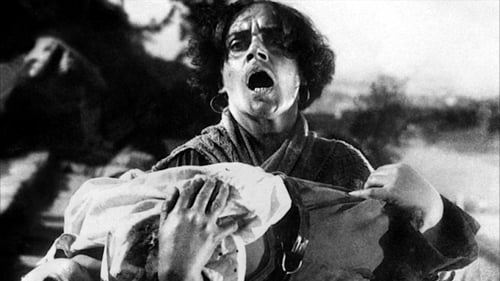
A dramatized account of a great Russian naval mutiny and a resultant public demonstration, showing support, which brought on a police massacre. The film had an incredible impact on the development of cinema and is a masterful example of montage editing.
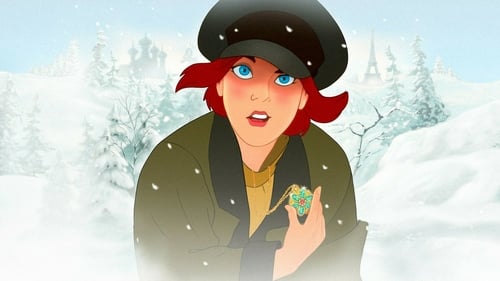
This animated adventure spins a more optimistic twist on the long-mythicized story of the "lost daughter" of Russia's last czar. A wicked sorcerer places a curse on the Romanov family, and Anastasia is separated from them during their attempts to escape from a rowdy revolt seizing their palace. Years later, after growing up with amnesia in an orphanage, "Anya" encounters two Russian men seeking a reward offered by the Dowager Empress Marie, for the return of her missing granddaughter. They decide to travel together to visit the Empress in Paris. Will Anya finally be reunited with her remaining family and find a loving home at last?

The life of a Russian physician and poet who, although married to another, falls in love with a political activist's wife and experiences hardship during World War I and then the October Revolution.
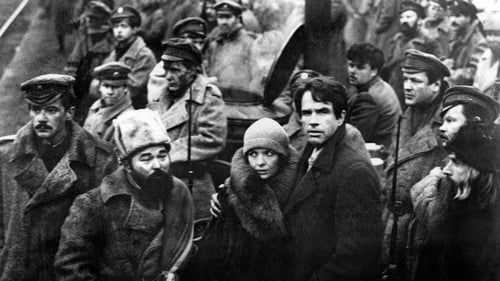
An account of the revolutionary years of the legendary American journalist John Reed, who shared his adventurous professional life with his radical commitment to the socialist revolution in Russia, his dream of spreading its principles among the members of the American working class, and his troubled romantic relationship with the writer Louise Bryant.
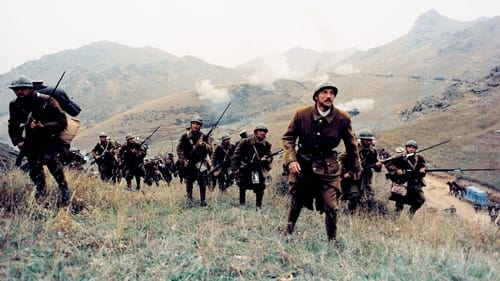
The last days of World War I, Eastern front. Captain Conan, a lone wolf, a true warrior, leads a band of ruthless French fighters who love hand-to-hand combat; they are not fit for peacetime, they only feel really alive in the chaos of the battlefield.

Notorious thief Lupin the Third aims to steal the lost treasure of the Romanov royal family with his criminal associates along for the ride. The treasure is an immense quantity of gold hidden underground in the vaults of a mysterious Texas bank. But to obtain the gold, Lupin and his friends will have to face down both the Mafia and Rasputon, the telepathic descendant of the mad monk Rasputin. Lupin again eludes inspector Zenigata with the help of a mysterious blonde named Judy Scott, as Rasputon manipulates the world's leaders to put every obstacle in Lupin's path.

Old Prof. Preobrazhensky and his young colleague Dr. Bormental inserted the human's hypophysis into a dog's brain. A couple of weeks later, the dog became "human looking". The main question is "Is anybody who is looking like a man, A REAL MAN?"
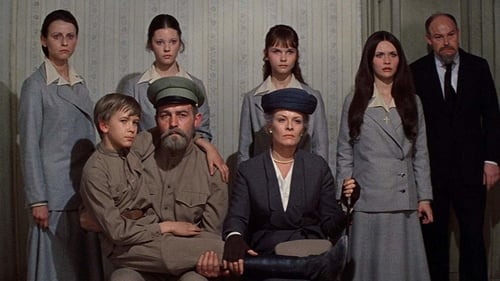
Tsar Nicholas II, the inept last monarch of Russia, insensitive to the needs of his people, is overthrown and exiled to Siberia with his family.
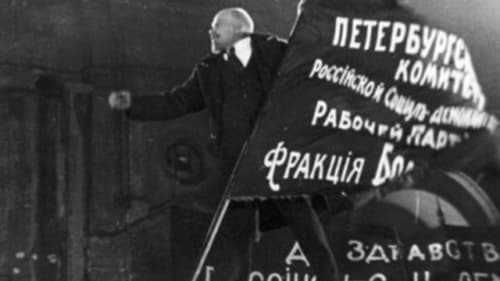
Sergei M. Eisenstein's docu-drama about the 1917 October Revolution in Russia. Made ten years after the events and edited in Eisenstein's 'Soviet Montage' style, it re-enacts in celebratory terms several key scenes from the revolution.
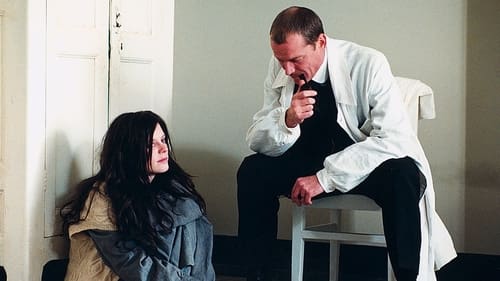
Zurich, 1905. 19-year-old Russian Sabina Spielrein is put by her parents in a psychiatric hospital, suffering from a severe form of hysteria and refusing to eat. A compassionate doctor, Carl Gustav Jung, takes her under his care and, for the first time, experiments with the psychoanalytical method of his teacher Sigmund Freud. Thus is born a sweeping story of love and passion, of body and soul, soaring to the utmost heights, but also plunging to the darkest depths of the 20th century.

Story of Anna Anderson, who claimed to be Anastasia Romanov, the only surviving daughter of the Czar and Czarina of Russia.
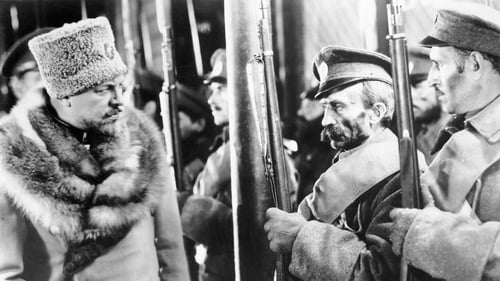
A former Imperial Russian general and cousin of the Czar ends up in Hollywood as an extra in a movie directed by a former revolutionary.
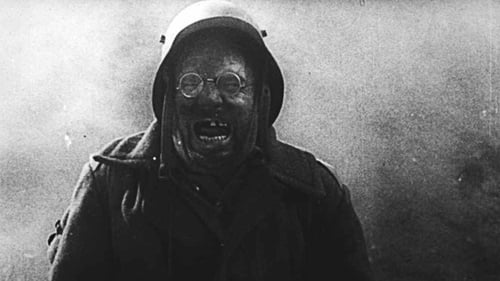
A soldier returns to Kyiv after surviving a train crash and encounters clashes between nationalists and collectivists.

During the Russian Revolution, a young nobleman and his peasant maid flee from their homeland to Constantinople where they marry and begin a challenging new life.

Russia, 1917. After the abdication of Czar Nicholas II Romanov, the struggle for power confronts allies, enemies, factions and ideas; a ruthless battle between democracy and authoritarianism that will end with the takeover of the government by Vladimir Lenin and the Bolsheviks.
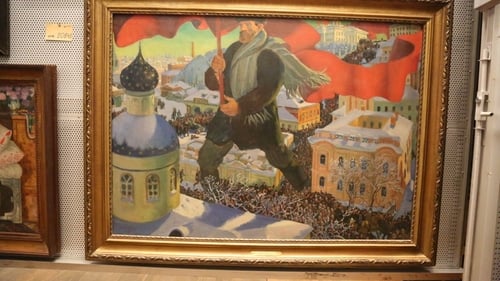
Drawing on the collections of major Russian institutions, contributions from contemporary artists, curators and performers and personal testimony from the descendants of those involved, the film brings the artists of the Russian Avant-Garde to life. It tells the stories of artists like Chagall, Kandinsky and Malevich - pioneers who flourished in response to the challenge of building a new art for a new world, only to be broken by implacable authority after 15 short years and silenced by Stalin's Socialist Realism.

1918 year. A woman commissar has been appointed from the Central Committee of the Bolshevik Party to the Russian warship Gromoboi, which is ruled by anarchist sailors. The leader of the ship is the anarchist Vozhak. The Commissioner was instructed to reorganize the naval detachment into the First Sailor Regiment. She faces a difficult task: to win the authority of the sailors and eradicate anarchy. Of the remaining officers on the ship — lieutenant Bering, who served in the tsarist fleet on the battleship "Emperor Paul I". He must become the commander and, together with the sent commissar, lead the regiment to the front in the Black Sea region.
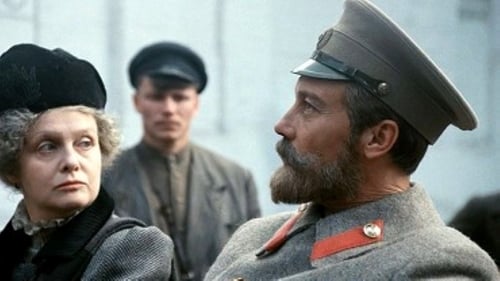
A new doctor from Moscow arrives at a provincial mental institution. His interest is the peculiarities of the psyche of a patient who believes that he is Yakov Yurovsky, the man who assassinated the last Russian tsar. In the course of their conversations it transpires that the patient is a kind of philosopher, not without a gift for suggestion. In a while the doctor himself falls under his patient’s influence: he tends to relive that fatal night of June 16-17, 1918 when, without any investigation or trial, Tsar Nicholas II, who had recently abdicated, was murdered, together with his wife, daughters and incurably ill heir. Soon the doctor realizes that the tragedy of the last Russian tsar is in part his own tragedy, too...
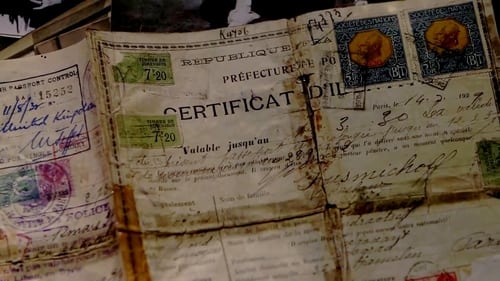
On July 5th, 1922, Norwegian explorer, scientist and diplomat Fridtjof Nansen creates a passport with which, between 1922 and 1945, he managed to protect the fundamental human rights as citizens of the world of thousands of people, famous and anonymous, who became stateless due to the tragic events that devastated Europe in the first quarter of the 20th century.

